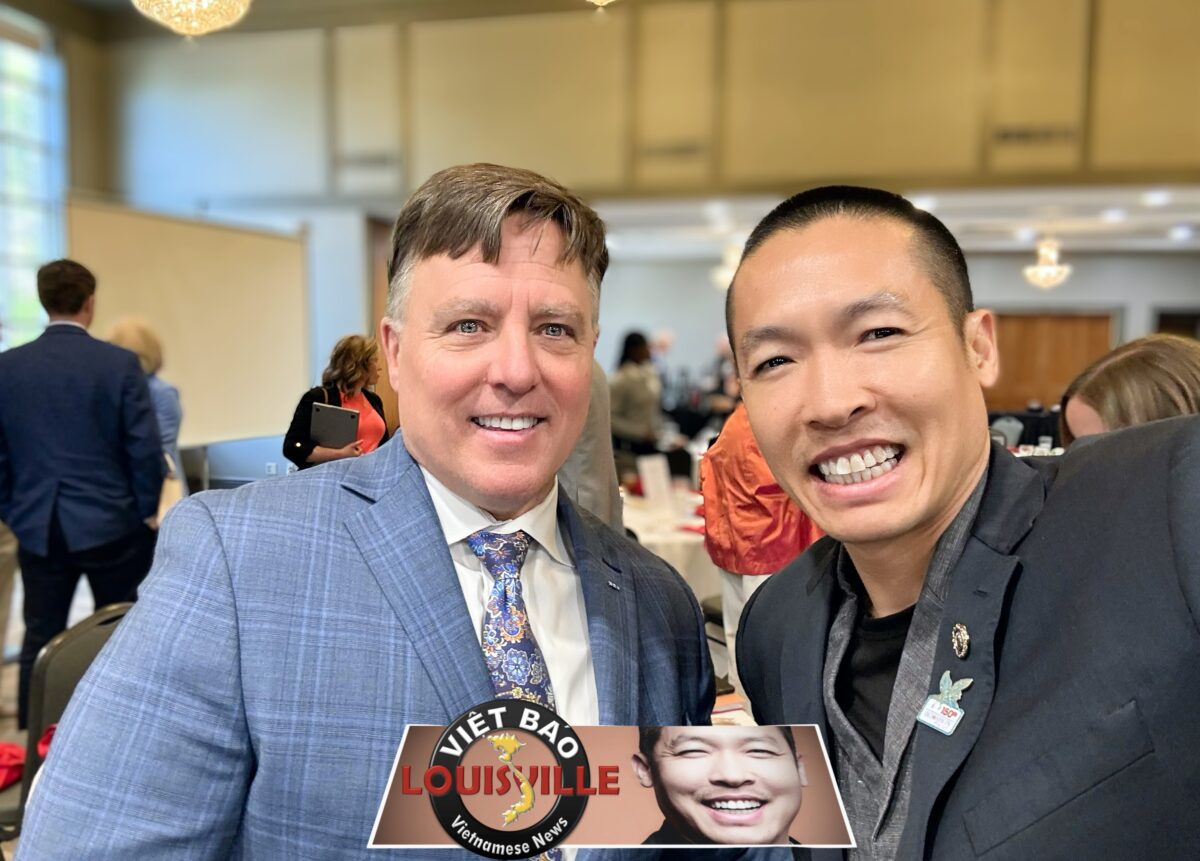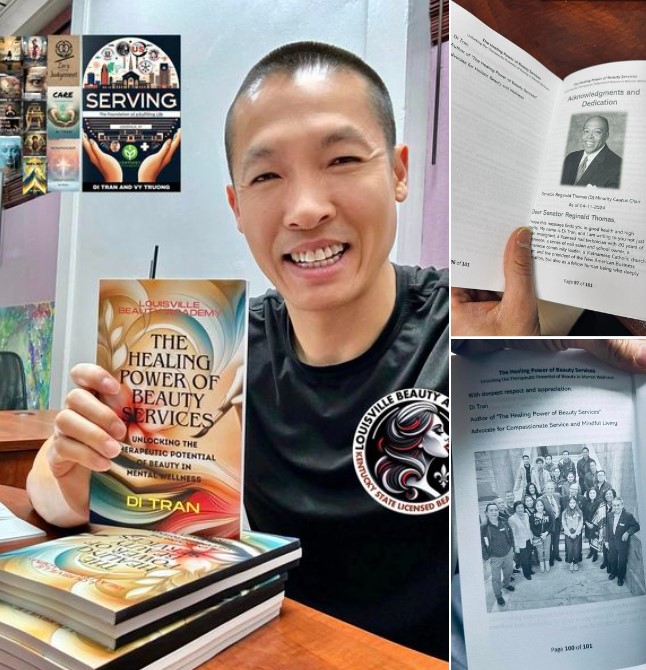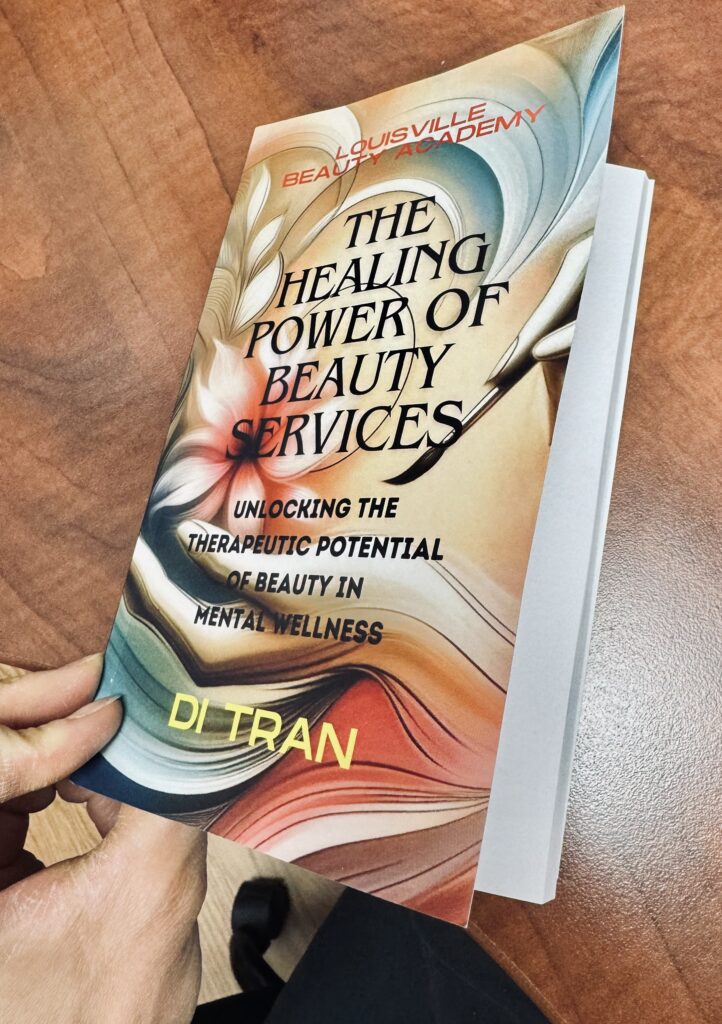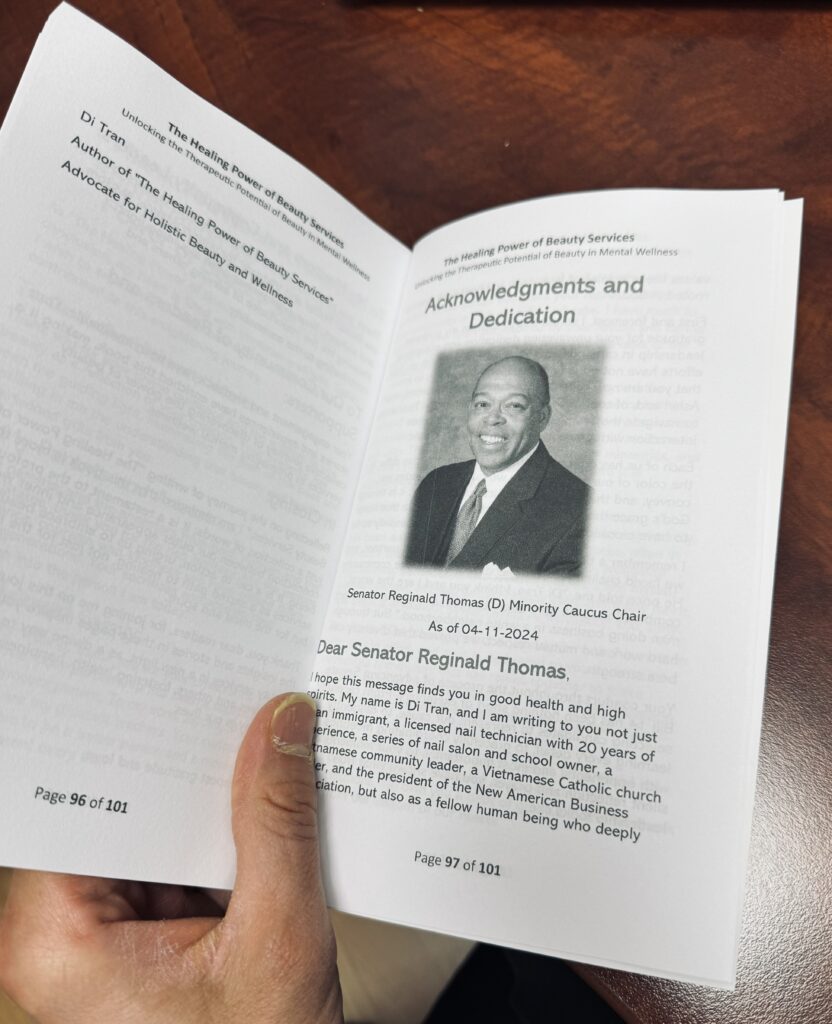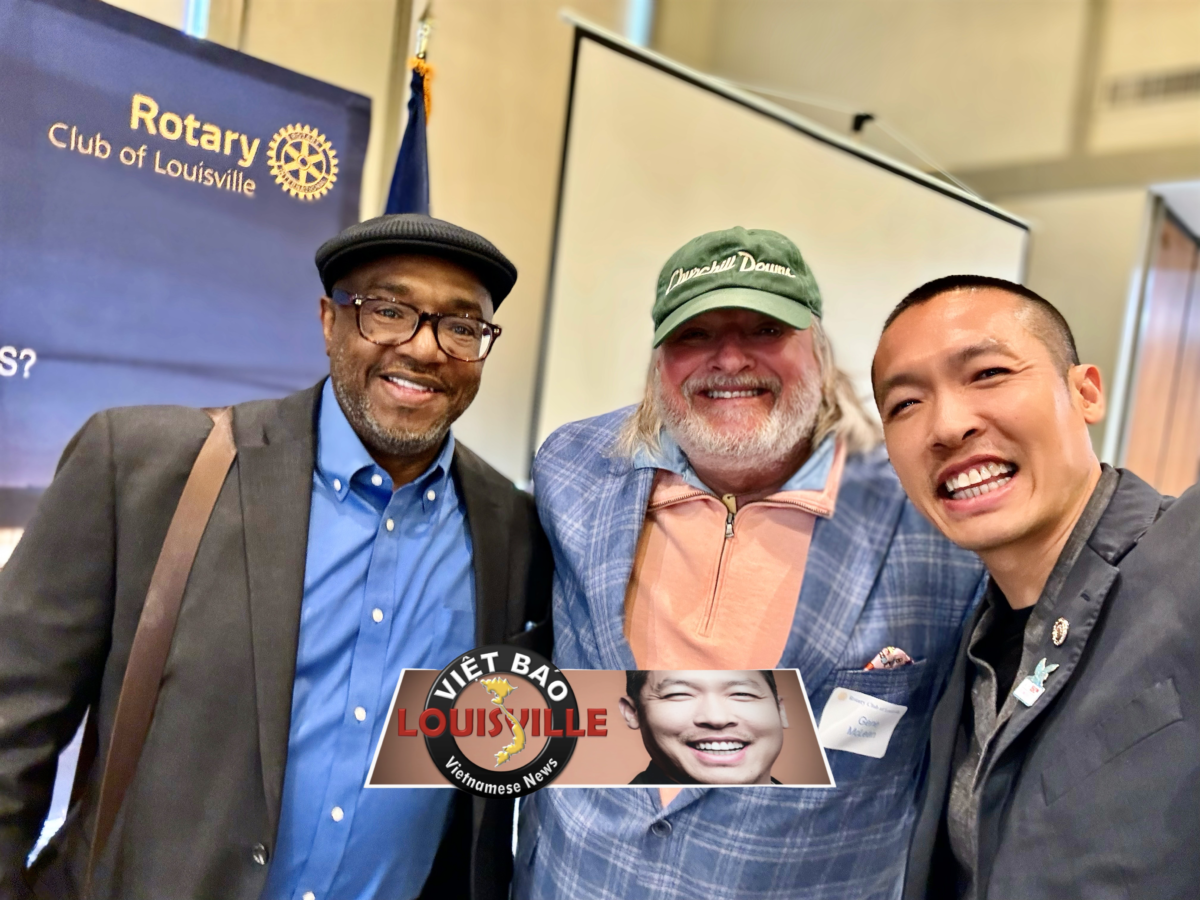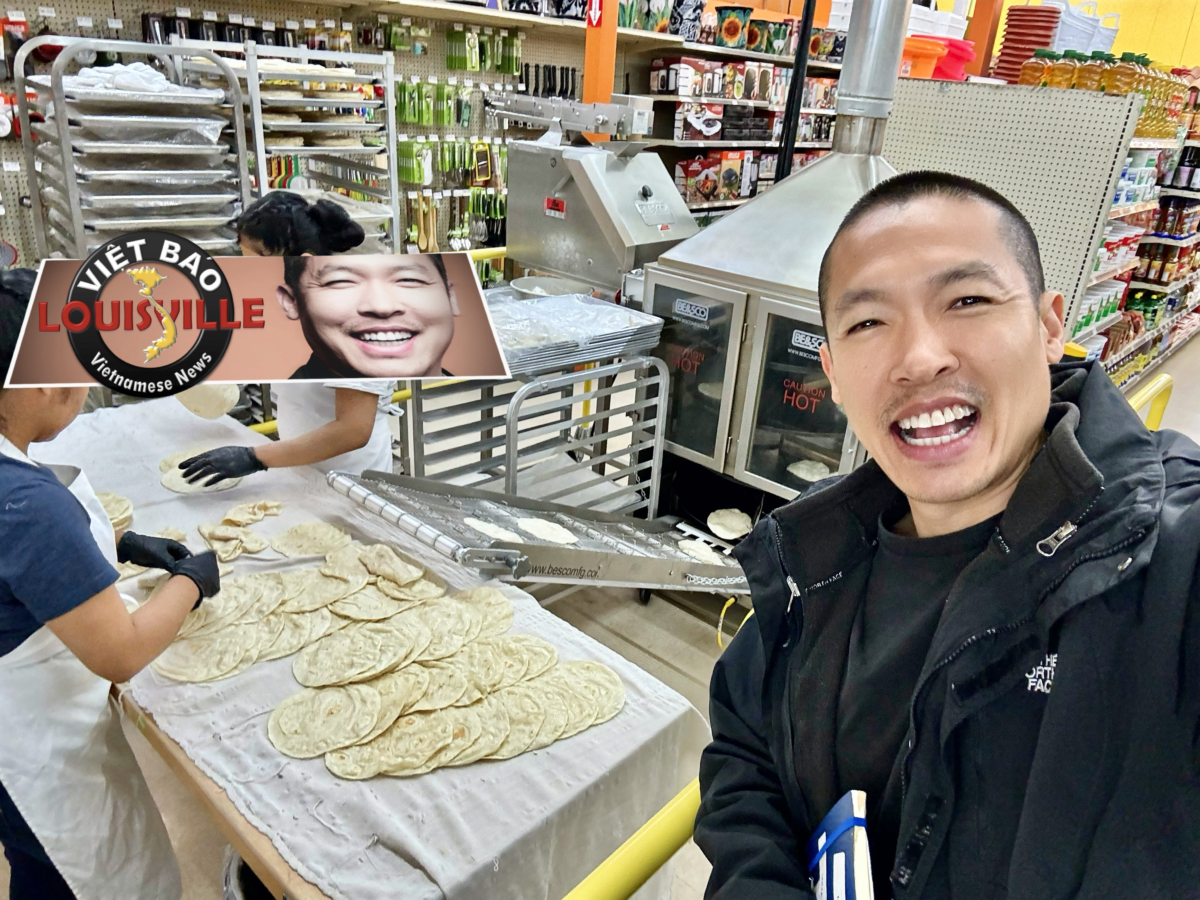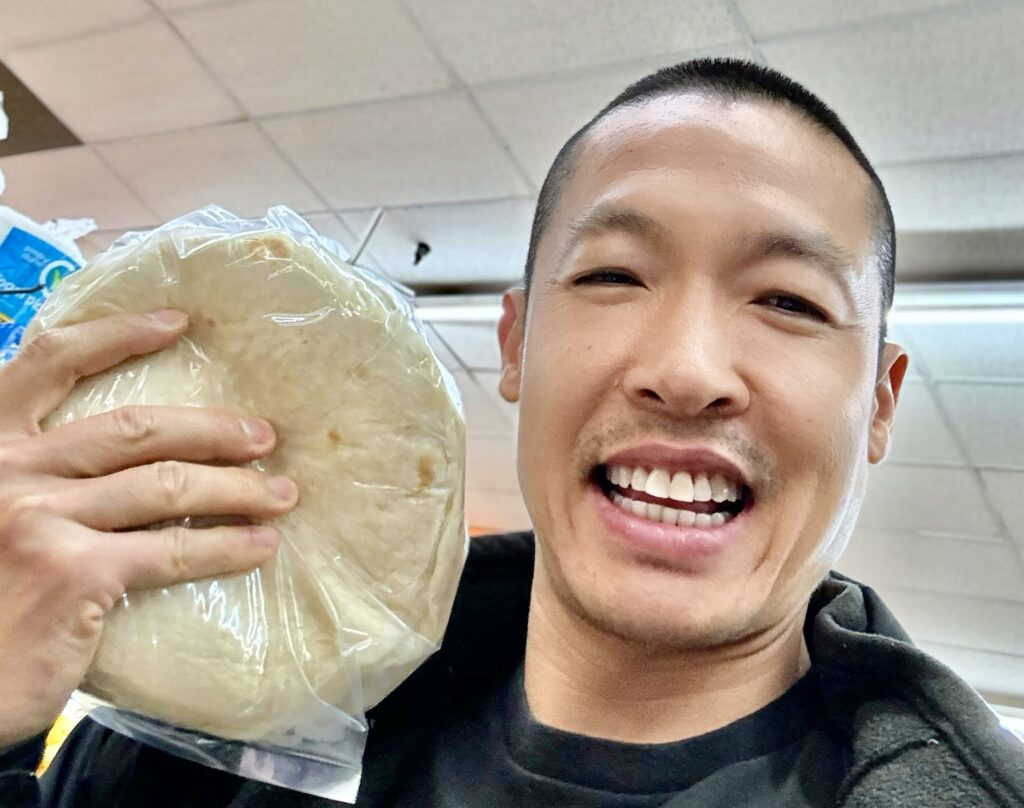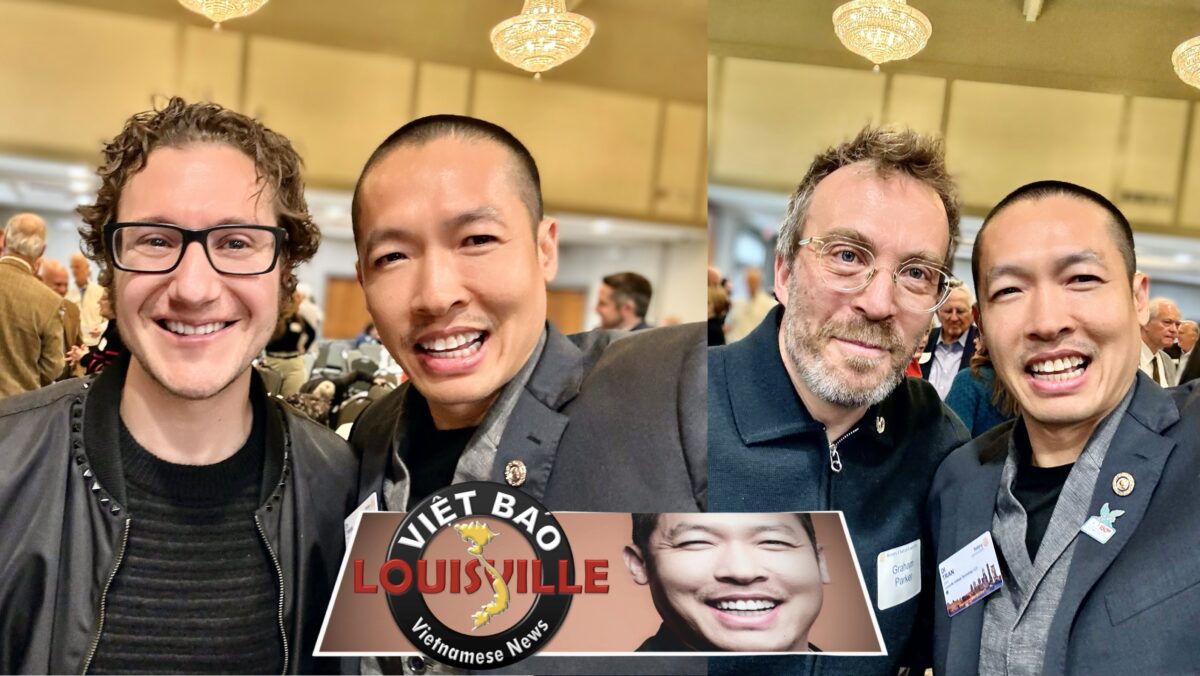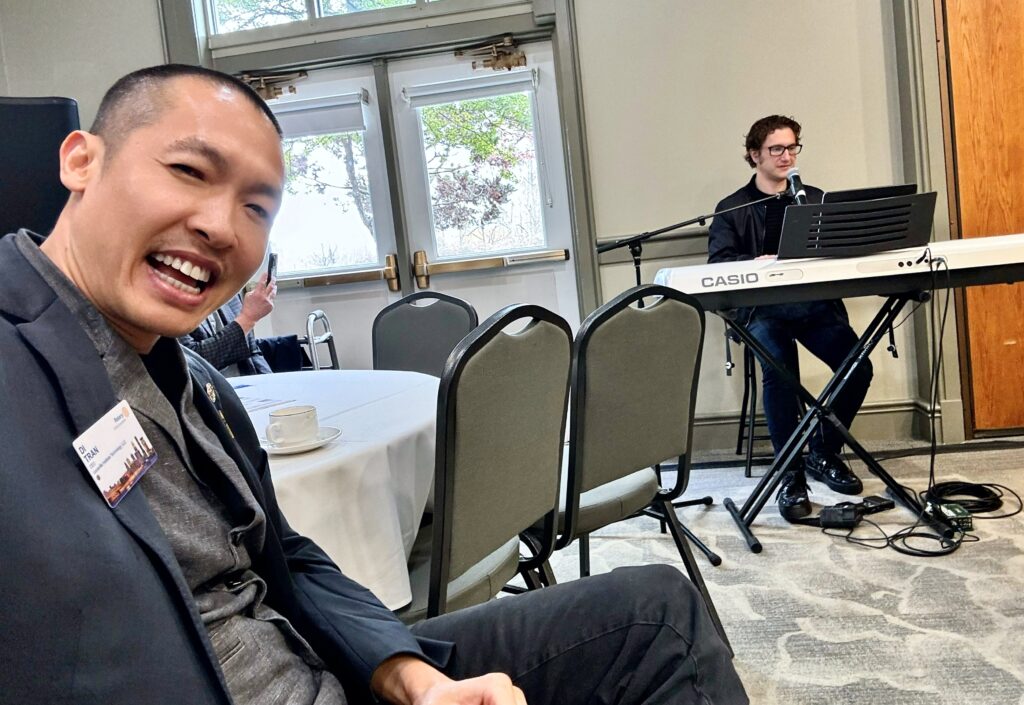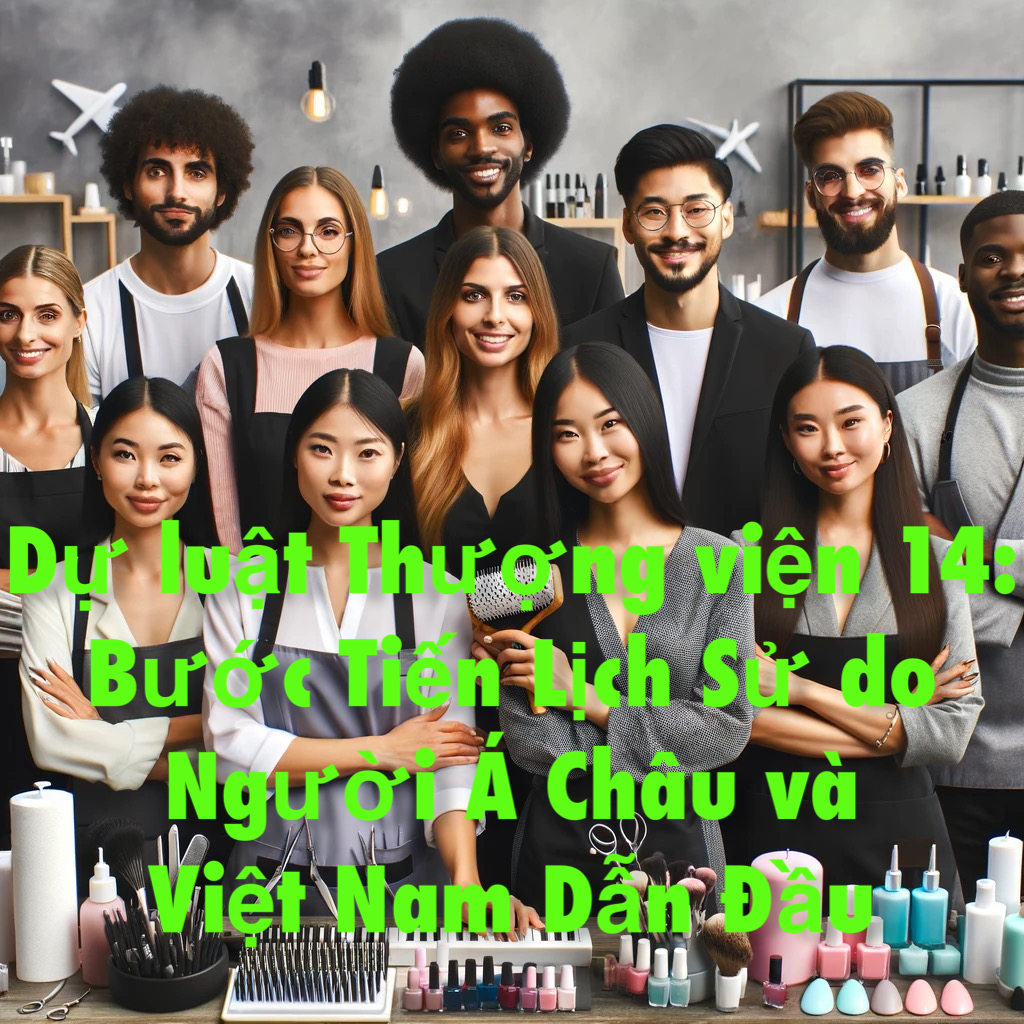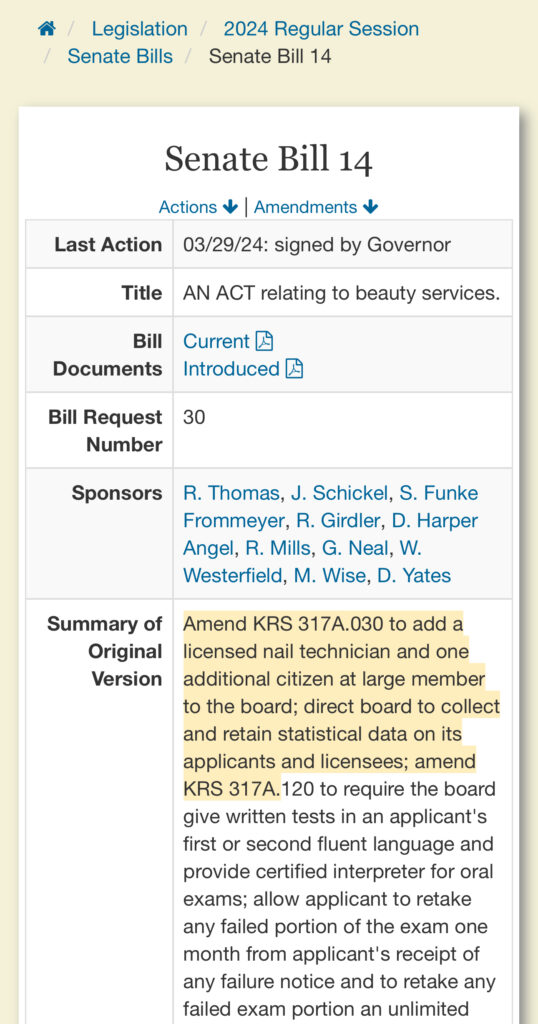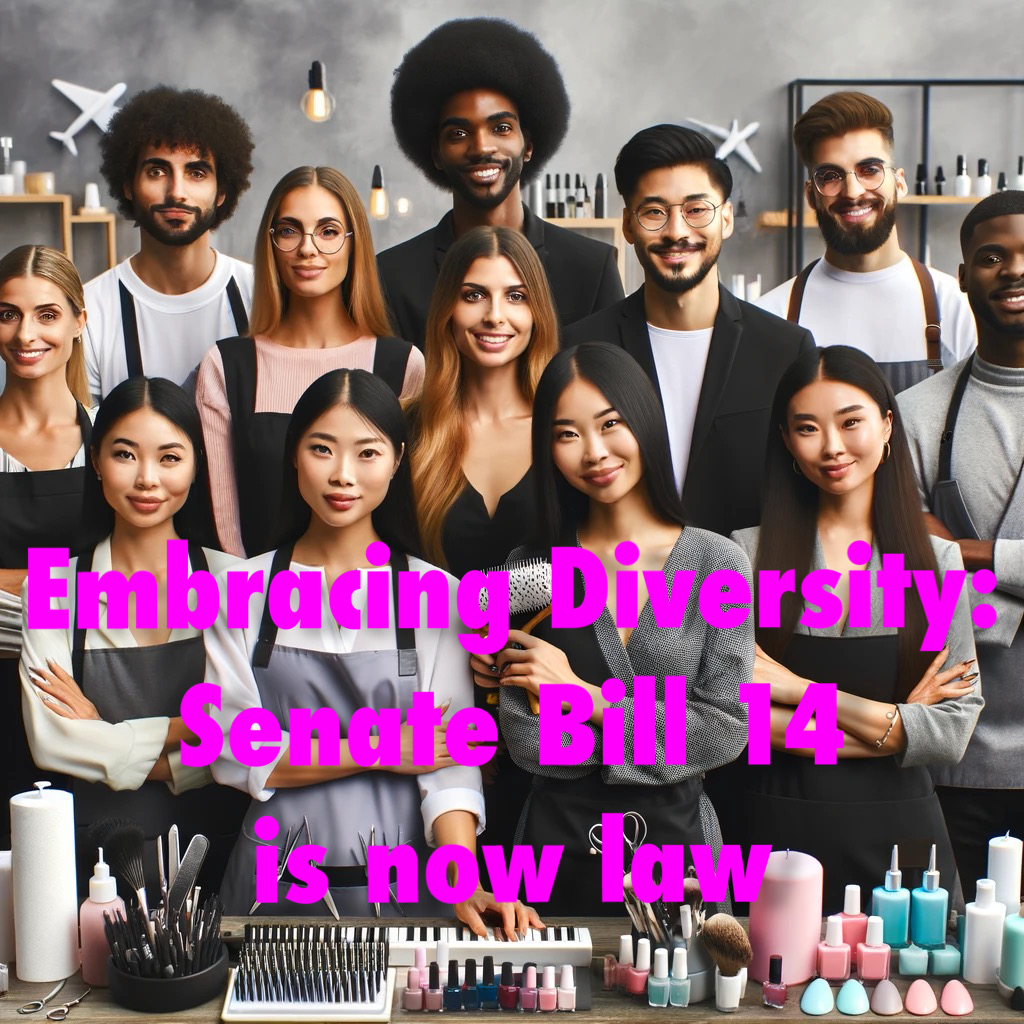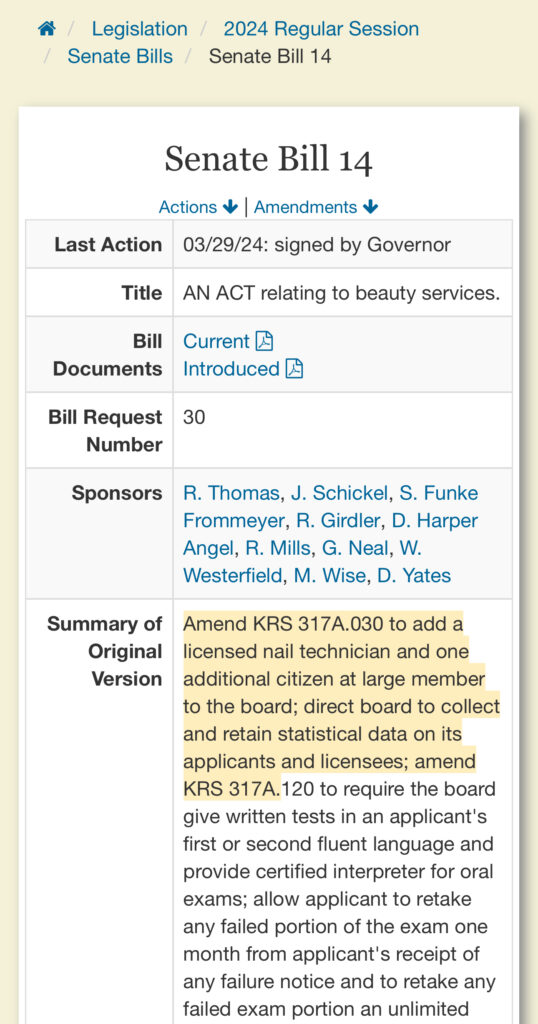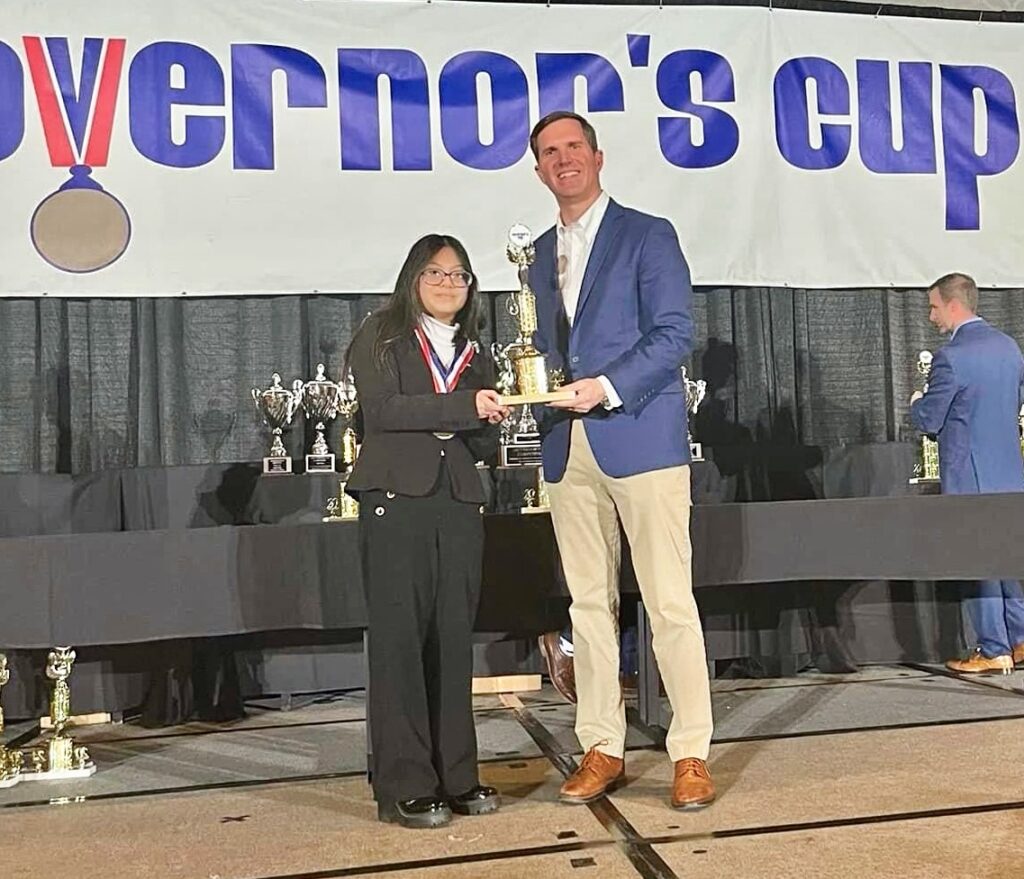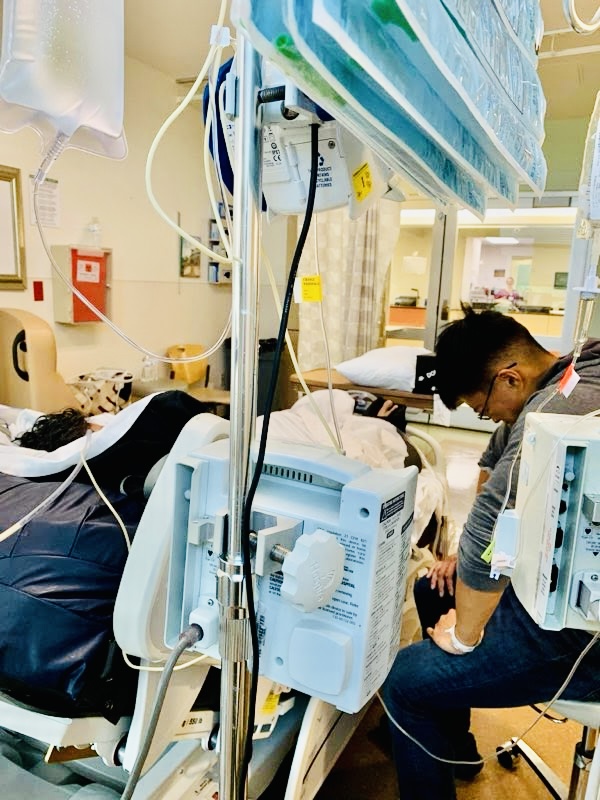At a recent Rotary Club of Louisville meeting, retired USAF Brigadier General Rob Givens delivered a compelling presentation titled “A World at War: How Does it All End and What Does it Mean to You”. Givens, whose distinguished career spans over three decades of military service, discussed the grave realities of modern warfare and the significant implications for global stability and local communities.
Rob Givens’ Esteemed Military Background
Rob Givens, a graduate of the U.S. Air Force Academy, has held multiple key positions throughout his career, including the role of Inspector General at Headquarters Air Combat Command and command positions at the squadron, group, and wing levels. Known for his strategic acumen, Givens has flown more than 3,700 hours in combat aircraft and participated in operations such as Desert Storm and Iraqi Freedom, earning him a reputation as a seasoned combat leader.
Key Takeaways from the Presentation
During his presentation, Givens emphasized the stark realities of contemporary conflicts where traditional notions of victory are overshadowed by the potential for devastating losses. He highlighted the advanced technological landscape of modern warfare, noting the significant risks involved, such as a single drone’s capability to threaten large naval assets like an aircraft carrier, potentially resulting in catastrophic personnel losses.
For attendees like Di Tran, a Vietnamese American entrepreneur and community leader, Givens’ insights underscored a crucial lesson: the real victory in today’s geopolitical climate lies not in military engagements but in diplomatic discussions and unity among nations. Tran, reflecting on the presentation, noted the importance of approaching business and international relations with a serious and ethical mindset, advocating for enhanced diplomatic efforts and greater national unity.
Implications for Local Communities
Givens’ discussion also resonated on a local level, particularly with Louisville’s diverse community. The emphasis on diplomatic resolution and ethical conduct in international affairs mirrors the principles necessary for fostering community relations and economic stability in increasingly multicultural local settings.
Conclusion
The insights offered by Rob Givens serve as a sobering reminder of the high stakes in global conflicts and the importance of strategic diplomacy. As the world navigates these challenging times, the lessons highlighted in his talk encourage a shift from conflict to conversation, advocating for a world where dialogue triumphs over discord. For community leaders like Di Tran, these lessons not only reinforce commitments to service and leadership within their communities but also highlight the critical role of unity and ethical governance in achieving lasting peace.

